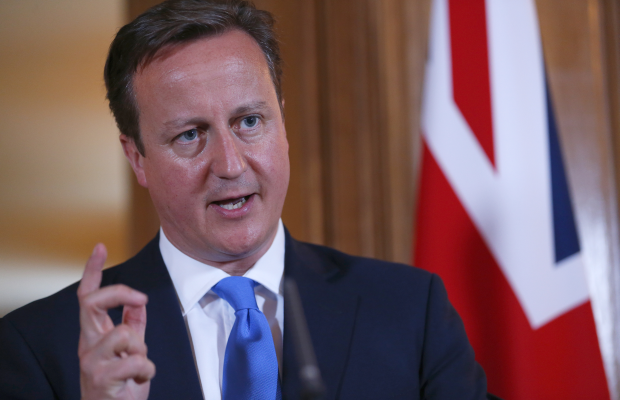Cameron says international community must respond to Syrian situation

The prime minister's official spokesman has said that David Cameron thinks the Syrian chemical attack is "absolutely abhorrent" and that the international community must respond.
Prime minister David Cameron has cut short his holiday, to chair a meeting of the UK's National Security Committee.
Now Britain is said to be considering a "proportionate response" and Cameron's spokesman said that it is reasonable to assume that Britain's armed forces are making contingency plans.
Traders have been worried by the prospect of military intervention, after US Secretary of State John Kerry said that the situation in Syria "is inexcusable and — despite the excuses and equivocations that some have manufactured — it is undeniable."
Ishaq Siddiqi, chief market strategist, ETX Capital:
The unnerving, volatile and violent situation in Syria [Assad regime cracking down viciously on rebels] since the start of the Arab Spring back in 2010 has caused great concern outside of the Middle East, particularly in the West. The US has thus far avoided military intervention to remove Assad as global leaders have had differing views on how to handle the situation in Syria.
In this divide of views, the US, in its quest to fight freedom as the policing power of the world, has found itself opposing to its former enemy Russia, with Moscow opposing international invention to remove Assad and urging negotiations between Syria and the rest of the World to be the effective method to remove Assad.
Equity markets are likely to display hesitancy, especially as the tapering narrative underpins much of the price-action in that asset. Oil prices have crept up on geopolitical tensions in the Middle East, while safe haven bonds in Europe – UK gilts and German bunds – are in favour on the risk-averse tone seen in the market this morning.